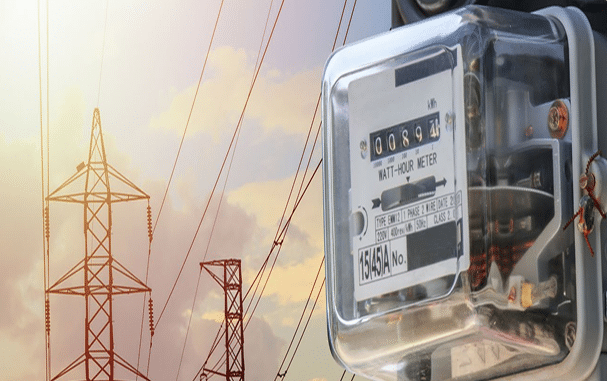Filter >>
Content Filter:
In most U.S. states, the utility commission has a formal role to play in reviewing or approving the contents of a utility’s integrated resource plan (IRP). These plans serve as long-term, forward-looking energy strategies that electric utilities use to meet their… View Summary +

About this Report: Decades of experience indicate that prescient planning on the part of regulators, utilities and stakeholders helps to deliver reliable energy service at a fair price. Early, routine planning that engages stakeholders in a transparent manner can… View Summary +

Like the all-powerful genies of mythology, artificial intelligence (AI) seems increasingly able to magically answer our questions and potentially grant wishes. Policymakers and regulators are still trying to understand the nuances of this technology and its impacts to energy systems. View Summary +

This paper considers ways in which utilities and regulators can encourage electric vehicle owners’ participation in utility-managed charging programs. Unmanaged EV charging creates the risk of squandering electric system capacity and, instead, increasing system costs, which are borne by all… View Summary +

If the video is not visible, please accept all cookies to enable the player. In the first in a series of global reports on the benefits of smart electric vehicle charging, RAP, the International Council on Clean Transportation… View Summary +

In an interactive webinar, Camille Kadoch of RAP and Amy Wagner of Evolved Energy Research presented the findings of a new report showing how enhanced demand flexibility from vehicle charging can unlock a significant amount of value to the power… View Summary +
Part of RAP and ICCT’s Benefits of EVs Through Smart Charging Global Project With economic forces and policy efforts encouraging transportation electrification, it is critical that electric vehicle (EV) demand on the power grid be carefully integrated to avoid unnecessarily… View Summary +

(A summary version of this paper is also available.) An increasing number of national, state and local government leaders recognize that rapidly decarbonizing the electricity grid is necessary to slow the disruptive effects of a changing climate. At the… View Summary +

(A technical version of this paper, with four detailed appendices, is also available.) An increasing number of national, state and local government leaders recognize that rapidly decarbonizing the electricity grid is necessary to slow the disruptive effects of a… View Summary +

Access to consumption data from utilities enables building owners to cut utility costs, save money, increase asset value, and reduce carbon emissions. Too often, owners cannot access accurate data, especially when utilities bill tenants directly. Stakeholders in many jurisdictions requested… View Summary +

